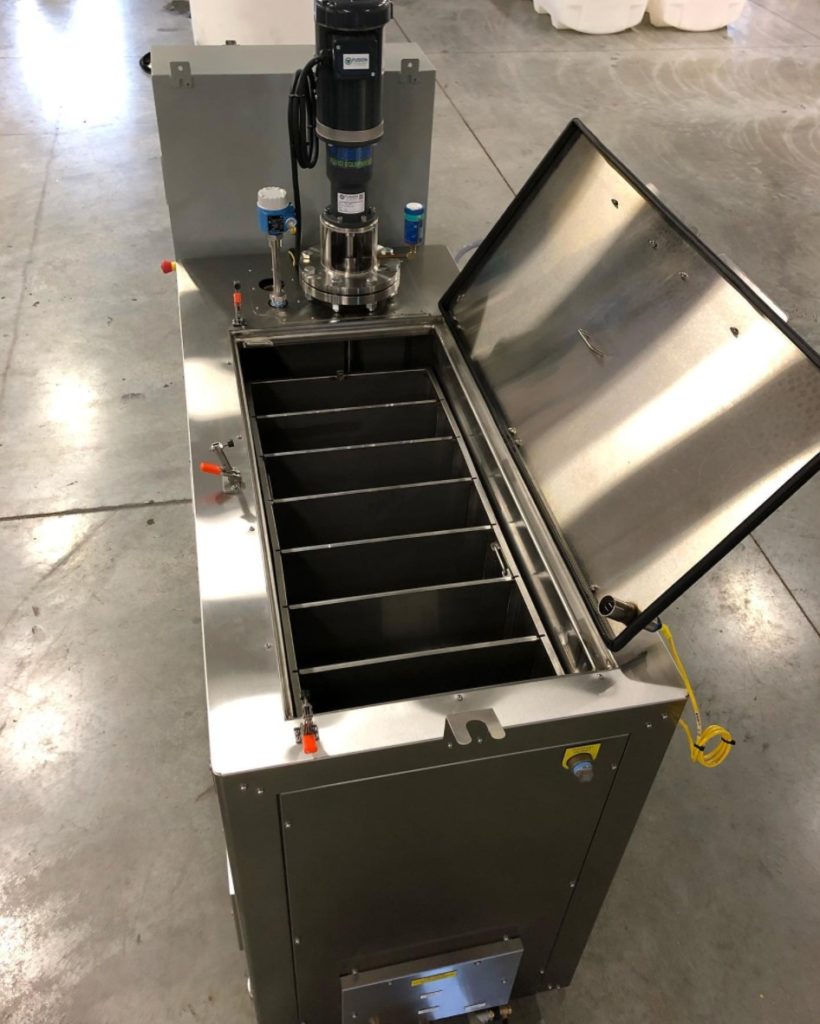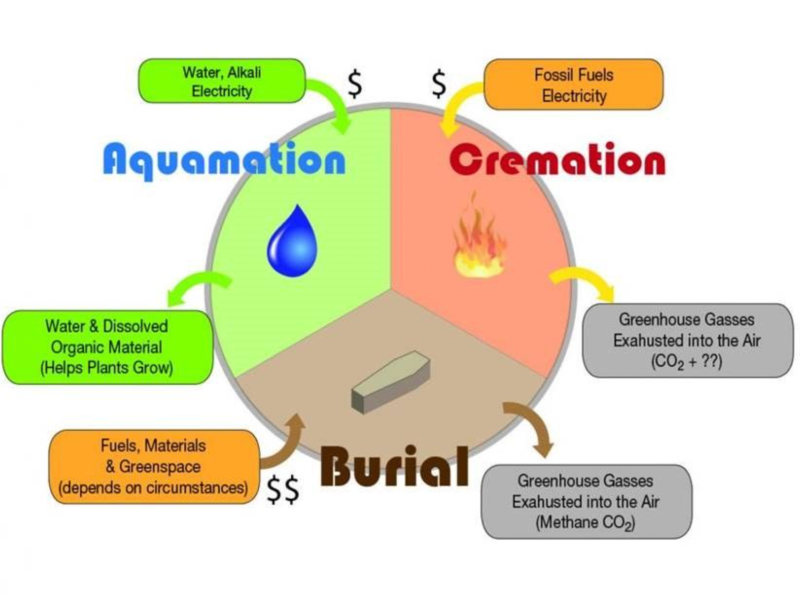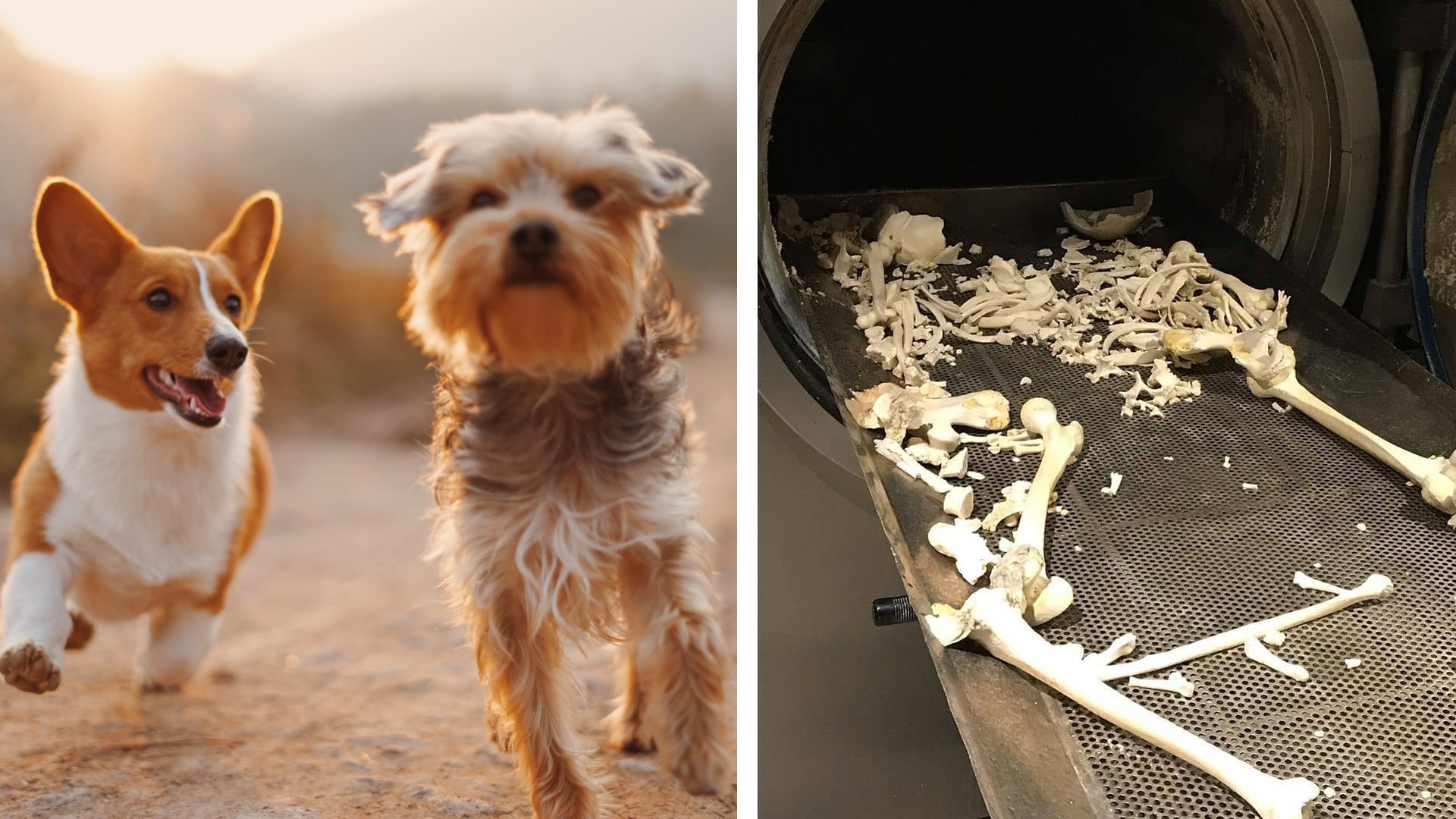A new way to dispose of dead bodies is coming to Singapore.
Called Aquamation, or alkaline hydrolysis to the scientifically inclined, this process mimics the natural decomposition that occurs after death — only sped up, so it takes hours rather than months.
Using a heated solution of water and alkaline salts, aquamation dissolves the corpse rather than the traditional methods of burning or burial, leaving only the bones and a watery mush.
Aquamation is death tech that’s kind to the planet, using only a fraction of the carbon footprint of all other methods of body disposal, according to studies.
The man to bring aquamation to Singapore is Joe Kam, an animal welfare expert and former executive with charity Animal Concerns Research & Education Society, or ACRES.
He plans to start off with pets, offering pet body disposal for Singapore’s growing population of environmentally-conscious pet owners.
“The pandemic has made people more conscious of the fragility of nature, and I think more folks are looking for a kinder, more environmentally-friendly way to send off their furry family members,” Kam told Coconuts.
The market is ripe for growth, Kam said.

Singapore’s pet population has exploded to 900,000 over the last few years, and with a mortality rate of about 12%, he reckons he’ll be able to process about 950 pets in his first year of operations.
A key selling point of Kam’s business will be enabling the memories of pets to live on, literally.
Pet owners will not only be able to put the ground-up bones of their pets (aquamation produces 20% more ash than flame-based cremation) in a traditional urn or scatter the ashes at sea, but they will also be able to use the watery remains to craft paintings of their pets, or even use the effluent water as fertilizer to grow commemorative plants.

Kam’s company, Nature’s Path, is currently participating in a tender to convert an old dog kennel into his liquid cremation factory and is hunting for investors to help him build the business.
Aquamation equipment, which includes a large stainless steel tank in which to dunk the bodies, can cost northwards of S$350,000 (about US$260,000).
The technology is not without controversy, and Kam admits that it may take a while for the idea of dissolving bodies to catch on.
In the United States, aquamation is an increasingly popular way to dispose of both human and pet bodies, but in some states, it is outlawed because it is regarded as disrespectful to the dead.

In 2011, the state of Ohio stopped issuing permits for the liquefaction of corpses, leaving one liquid funeral director with US$150,000 of equipment he could no longer legally use. The Ohio Board of Embalmers and Funeral Directors accused the man of “immoral conduct.”
Foreseeing similar potential cultural hurdles to aquamation in Singapore, Kam is starting off with pets before moving on to people further down the road.
“It may be some time before the idea of aquamation sinks in. Death is a traditional affair that is resistant to change,” he said. “But it’s time that we started to think about the impact of the dead as well as the living, and water cremation is the best way. If the dead could choose, they’d rather be a solution than pollution.”
Other stories:
The one time we rescued a woman from a toothbrush: an ACRES story
Vaccine-crashing Singapore cat turns out to be neighborhood star





Reader Interactions